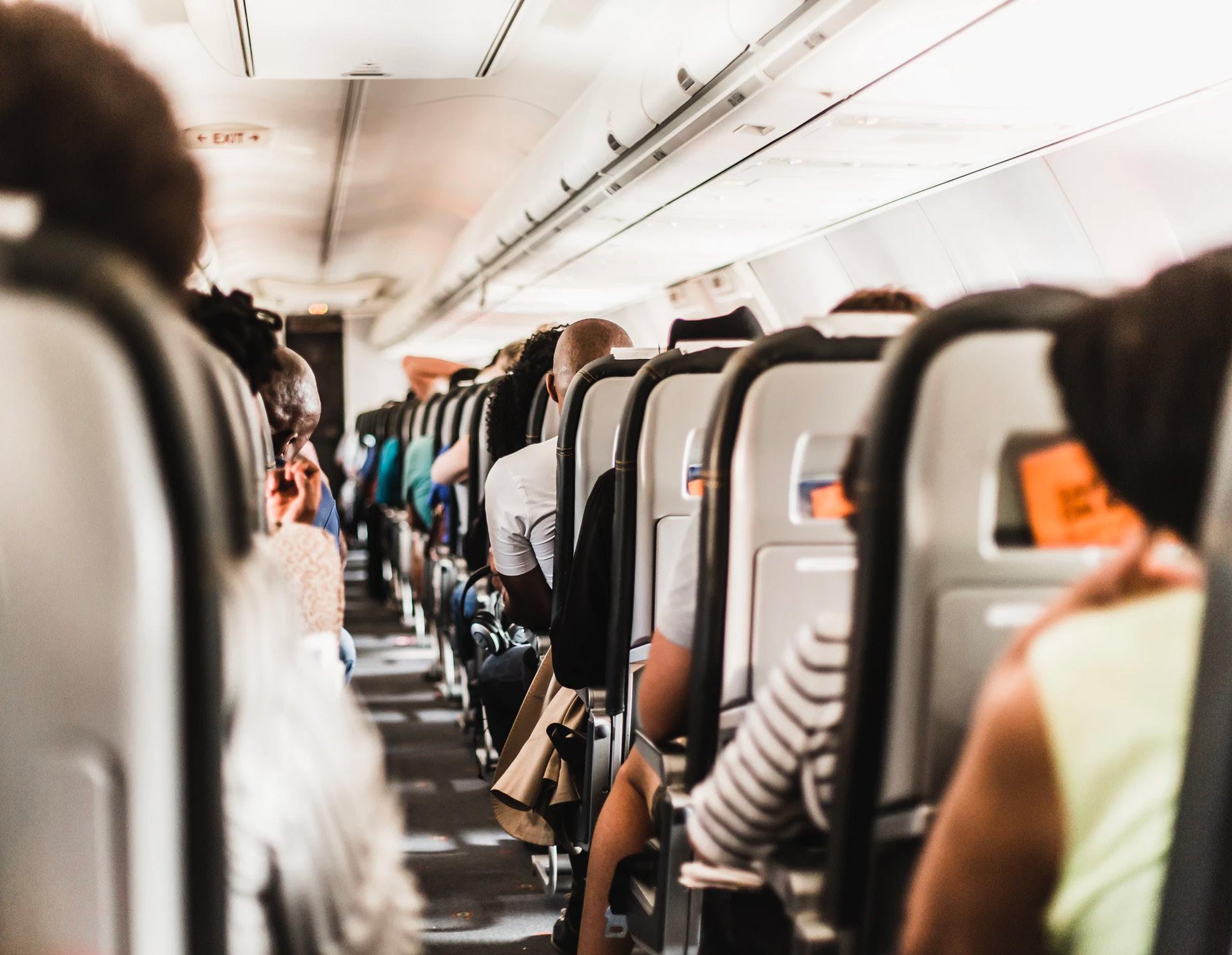
3 minute read
Why airlines need to be proactive about TBT
Passengers are still flying with the virus, despite the different sanitation checks developed by airlines and airports. Meanwhile, more and more destinations and airports are looking at testing.
We believe airlines should not only welcome testing before travel, but they should champion it, as it could be the key to unlocking an air travel recovery in the short to medium term.
Advertisement
Here is why:
1 - A vaccine is unlikely to be available on a mass scale until 2021. Testing however is possible now. And as we outline in our next piece, a number of cheap and fast testing solutions are almost ready to go.
2 - As the recent Emirates flights to Perth and Hong Kong show, even an airline with great COVID-19 safety procedures can still unwittingly fly infectious people around.
3 - Some passengers are knowingly flying while having the Coronavirus, and using over the counter medicine to beat temperature scanners. Testing would stop this. Then there are asymptomatic passengers, who show no symptoms.
4 - The aviation industry is seen by many Governments, and by some of the media, as one of the main spreaders of Covid19.

Right now the industry is putting a huge focus in ensuring staff and passengers don’t get infected on a flight. That’s very important - both during the pandemic and beyond. And many innovations like touchless travel are overdue anyway.
But there also needs to be a focus so that infectious people don’t fly in the first place.
Tackling that point head on - that aviation spreads the Coronavirus around - would do a lot in persuading Governments to relax entry rules and would rebuild trust.
5 - Having infectious passengers on a plane causes disruption and makes people less willing to fly. Here’s a recent case from the Channel Island of Jersey.
According to the Jersey Evening Post, the second flight into the island (from London Gatwick) after it reopened showed an asymptomatic passenger on board.
Not only did he have to go into quarantine, the 15 passengers (20%+ of everyone on board) seated nearest to him had to isolate as well.
Imagine arriving and being told that because you sat two rows away from someone who had the virus, you now have to go into quarantine, disrupting your life for two weeks.
This kind of thing reduces consumer confidence in flying. In contrast, testing before anyone even checks in would greatly increase it (and the Canary Islands poll of 30k+ respondents seems to back that up).
6 - The past few months have seen incidents of Coronavirus air rage from passengers angry at being on crowded flights. Then American and United are currently under fire for again selling the middle seat. Indeed, one US Senator now wants to introduce a bill banning airlines from filling it.
Here is how to make that go away: Test everyone before they fly. Then you can’t complain about the fact that there is someone sitting next to you. After all, you, and everyone else on board, has been tested.
7 - It reassures your staff. Cabin crew will know that they are working on a flight where everyone tested negative for the virus. Meanwhile, airlines like American would have nothing to fear about cabin crew tests in Hong Kong. They will have been tested anyway,
8 - Finally, it will boost, not reduce revenue.
As our interview with Cristina del Río Fresen showed, destinations are starting to ask for TBT (test before travel) anyway. Right now that means going to a private clinic and having a test done at a minimum of $60 using the Frankfurt Airport example, though $150+ is more typical in most Western cities.
Many people will not bother, meaning airlines lose passengers.
A better alternative is to administer the test at the airport (meaning it’s ‘safer’ for everyone as it’s done just before departure) at a reasonable price. And as the Canary Islands suggested, airlines could work with the destination to offer vouchers to be spent on arrival to the value of the test cost.
That way everyone wins. Everyone feels reassured. New routes open again for airlines. And if vouchers are offered, the net cost to the traveller is zero.










